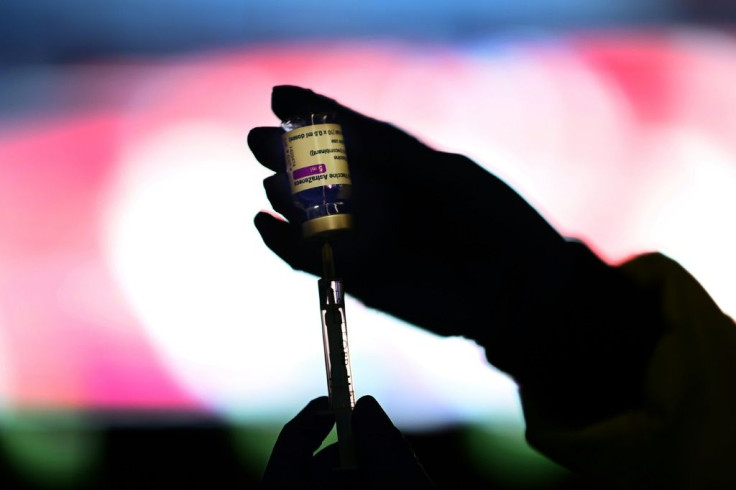COVID-19 Vaccine 'Incredibly Effective' In Pregnant Women, Study Finds
A study on the effect of COVID-19 vaccines on pregnant and nursing women found antibody levels “strikingly higher” than in those infected naturally. An inquiry published in the American Journal of Obstetrics and Gynecology clears the way for vaccination efforts among new mothers, who were excluded from initial trials.
Not only did the vaccines succeed in inoculating pregnant and nursing women, mothers were found to often transfer that immunity to their children. Researchers aren’t yet sure how strong the transferred immunity is, or how long it lasts.
"These vaccines seem to work incredibly effectively in these women," Galit Alter, a professor of medicine at the Ragon Institute and author of the study, told CNN. “Nearly all the moms were getting a pretty decent level of antibodies to their babies.”
Pregnant and nursing mothers were not shown to experience any additional side effects from the jab.
Both the Moderna and Pfizer vaccines were effective, although researchers noticed higher levels of IgA antibodies in those who took Moderna’s drug. Those antibodies could be more effective at transferring between mother and child.
"There is some reason to think that having higher levels of IgA immunity might be more protective," Alter said.

The ethics of testing drugs on pregnant mothers are complicated, which is why they were left out of initial trials. The study’s team instead reached out to women who had chosen to get vaccinated and asked them to participate.
The CDC hopes to gather more robust data on how the three vaccines approved in the U.S. affect pregnant and nursing women, eventually logging as many as 13,000 subjects.
"This is an urgent need, because we're not only protecting one person in this vaccine effort, we're protecting two people at the same time," said Alter.
© Copyright IBTimes 2025. All rights reserved.





















